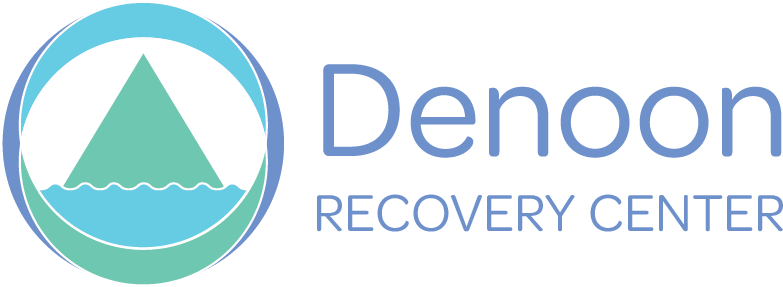Addiction Therapy
At Denoon Recovery, we believe that therapy is not just a part of the addiction treatment program; it is the cornerstone that holds the journey to recovery together. Nestled in the heart of Waukesha, Wisconsin, our facility offers a compassionate, comprehensive approach to overcoming addiction. With a team of experienced professionals and a range of therapy options, we are dedicated to guiding each individual through their unique path to recovery.

The Benefits of Addiction Therapy
Addiction therapy offers numerous benefits, including:
- Understanding the Root Cause: It helps to uncover underlying issues that may contribute to substance abuse.
- Developing Coping Skills: Therapy provides the tools to deal with cravings, triggers, and stress without resorting to substance use.
- Improving Relationships: It aids in repairing damaged relationships and building healthier new ones.
- Promoting Self-Growth: Therapy encourages self-discovery and personal growth, essential elements in maintaining long-term sobriety.
Types of Therapy Offered
Moreover, various treatment modalities can be combined to yield favorable and enduring outcomes. Different therapy options are available for individuals grappling with addiction, including:
Cognitive Behavioral Therapy (CBT) is a type of psychotherapy that helps patients understand the thoughts and feelings that influence behaviors. It’s commonly used to treat a wide range of disorders, including phobias, addiction, depression, and anxiety.
CBT is based on the idea that our thoughts cause our feelings and behaviors, not external things like people, situations, or events. The benefit of this fact is that we can change the way we think to feel/act better, even if the situation does not change.
CBT is ideal for individuals who are willing to actively participate in their recovery by engaging in self-reflection and skill-building exercises.
Dual diagnosis therapy, also known as co-occurring disorders treatment, is a therapeutic approach that treats individuals who are suffering from both a mental health disorder and a substance use disorder simultaneously.
The concept behind dual diagnosis therapy is that both disorders are interlinked, and one can often exacerbate the other. For example, someone with a mental health disorder like depression or anxiety may turn to drugs or alcohol as a form of self-medication, which can then lead to an addiction. Conversely, chronic substance abuse can lead to mental health issues.
Those who suffer from a mental health disorder alongside their addiction, such as depression, anxiety, or PTSD, will find dual diagnosis therapy beneficial.
Trauma therapy is a form of psychotherapy that aims to help individuals manage and overcome emotional distress resulting from traumatic experiences. These experiences can range from a single event, like an accident or violent attack, to long-term, chronic exposure, such as child abuse or living in a war-torn region.
Trauma therapy is usually provided by a mental health professional, such as a psychologist or psychiatrist, and may be part of a broader treatment plan that can also include medication, support groups, and lifestyle changes.
Individuals who have experienced traumatic events and struggle with addiction as a result are prime candidates for trauma therapy.
Relapse prevention therapy is a behavioral self-control program that teaches individuals with substance addiction how to anticipate and cope with the potential for relapse. It’s an important part of the recovery process, as it provides tools and techniques to maintain abstinence after initial treatment.
Relapse prevention therapy was first developed for treating alcoholism and smoking but has since been adapted for other substance use disorders. It’s based on the cognitive-behavioral approach, which emphasizes the role of critical thinking and behavior modification in overcoming addiction.
12-step support groups are community-based, peer-led organizations designed to help individuals overcome addictive behaviors, primarily substance abuse and addiction. The 12 steps refer to the guiding principles outlining a course of action for recovery from addiction, compulsion, or other behavioral problems.
The first 12-step program was Alcoholics Anonymous (AA), established in the 1930s. Since then, the 12-step approach has been adapted and implemented by many other groups dealing with a wide variety of addictions and compulsive behaviors. These include Narcotics Anonymous (NA), Gamblers Anonymous (GA), Overeaters Anonymous (OA), and many others.
Motivational Interviewing (MI) is a counseling method that helps people resolve ambivalent feelings and insecurities to find the internal motivation they need to change their behavior. It is a practical, empathetic, and short-term process that takes into consideration how difficult it is to make life changes.
Developed by clinical psychologists William R. Miller and Stephen Rollnick, MI is often used in treating substance use disorders, but it’s also used in various other kinds of counseling situations, including healthcare, social work, and criminal justice settings.
Medication-assisted treatment (MAT) is the use of medications, in combination with counseling and behavioral therapies, to provide a “whole-patient” approach to the treatment of substance use disorders. MAT is primarily used for the treatment of addiction to opioids such as heroin and prescription pain relievers that contain opiates.
The prescribed medication operates to normalize brain chemistry, block the euphoric effects of alcohol and opioids, relieve physiological cravings, and normalize body functions without the negative effects of the abused drug. Medications used in MAT are approved by the Food and Drug Administration (FDA), and MAT programs are clinically driven and tailored to meet each patient’s needs.
The Importance of Tailored Therapy
Each person’s journey to recovery is unique, and at Denoon Recovery, we tailor our therapy programs to meet the specific needs of our clients. By offering a wide range of therapy options, we ensure that each individual receives the care they need in a way that resonates with them.
Finding Hope at Denoon Recovery
Addiction therapy in Waukesha at Denoon Recovery is more than a service; it’s a partnership between our dedicated team and those seeking to overcome addiction. We are committed to being there every step of the way, providing the support, guidance, and expertise needed to help you or your loved ones reclaim a life of sobriety and wellness.
Take the First Step Today
If you or someone you care about is struggling with addiction, remember that hope and help are just a phone call away. Contact Denoon Recovery to learn more about our addiction therapy programs and how we can support you on the journey to recovery. Your path to a brighter, substance-free future begins here.


